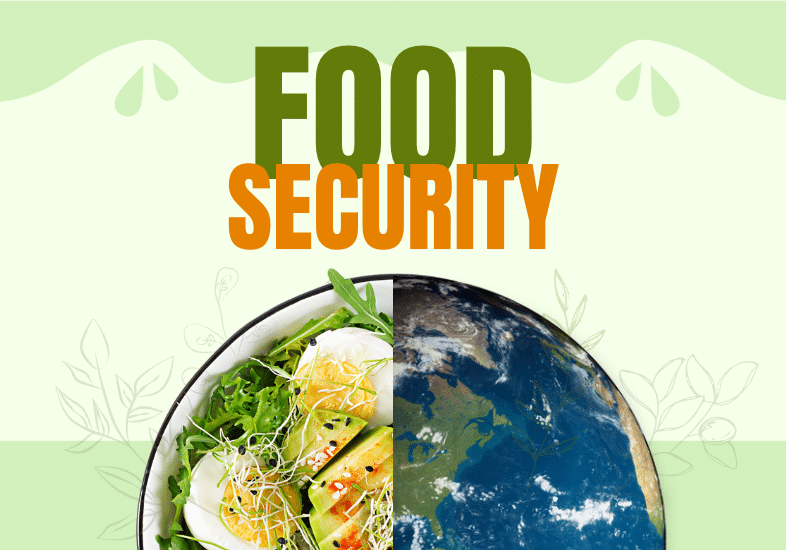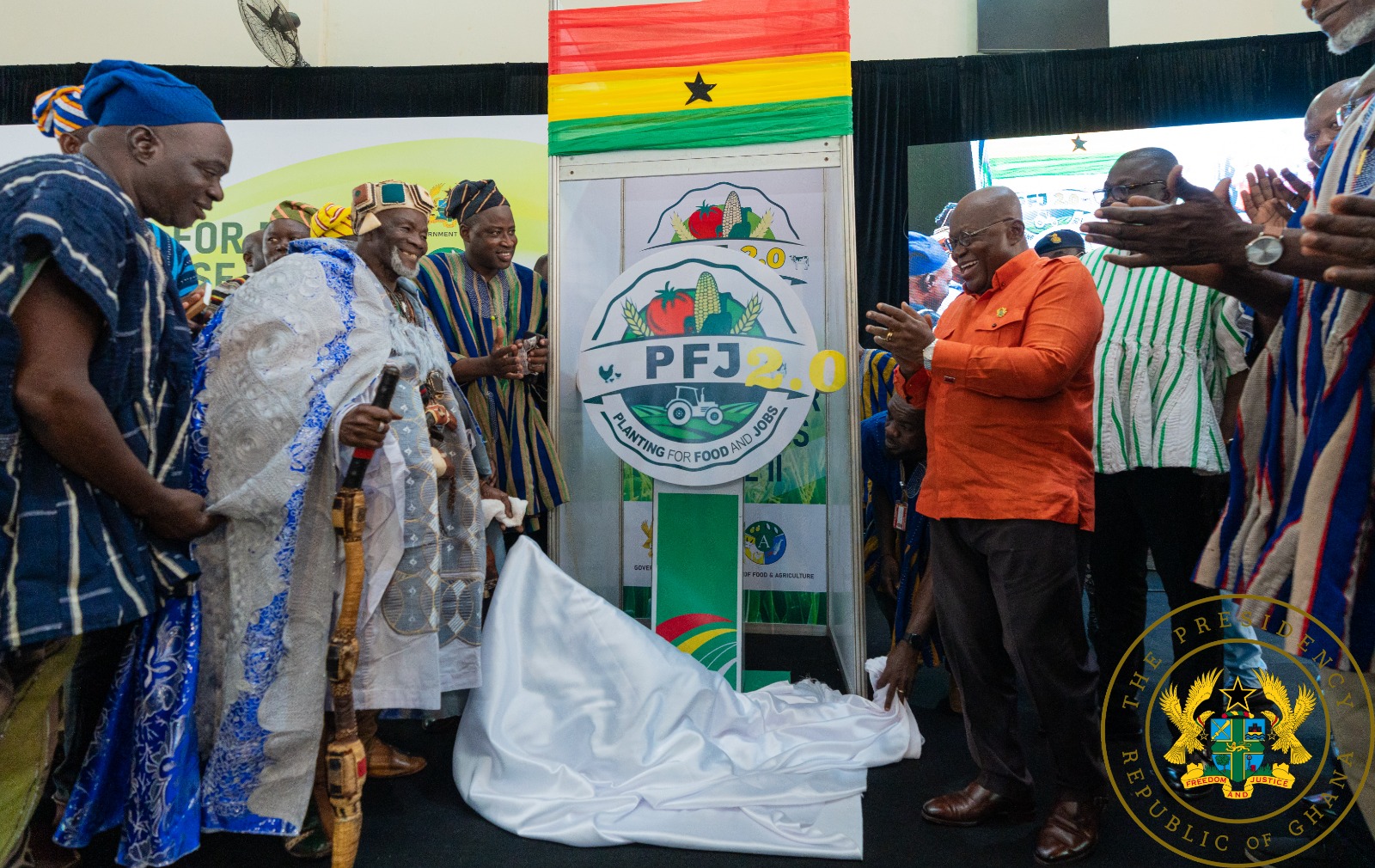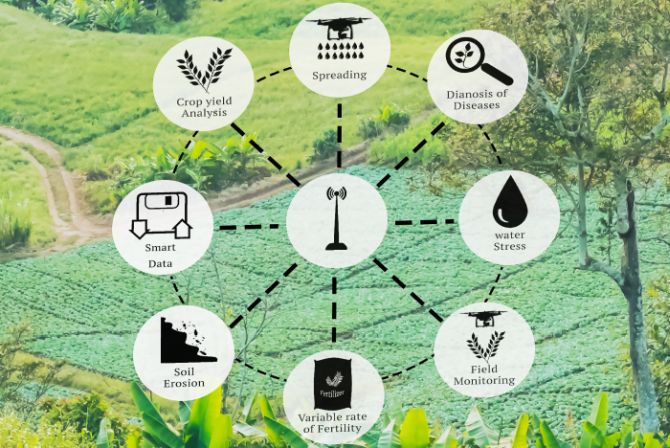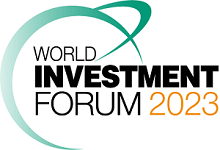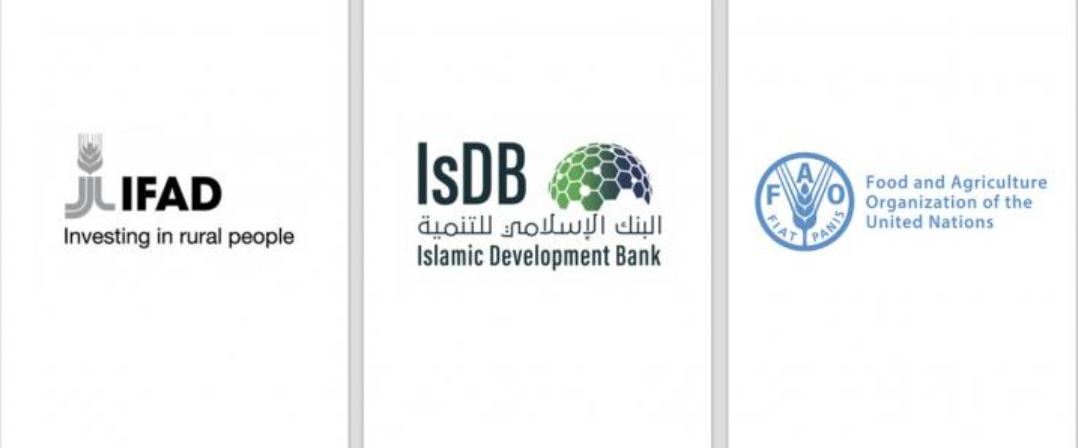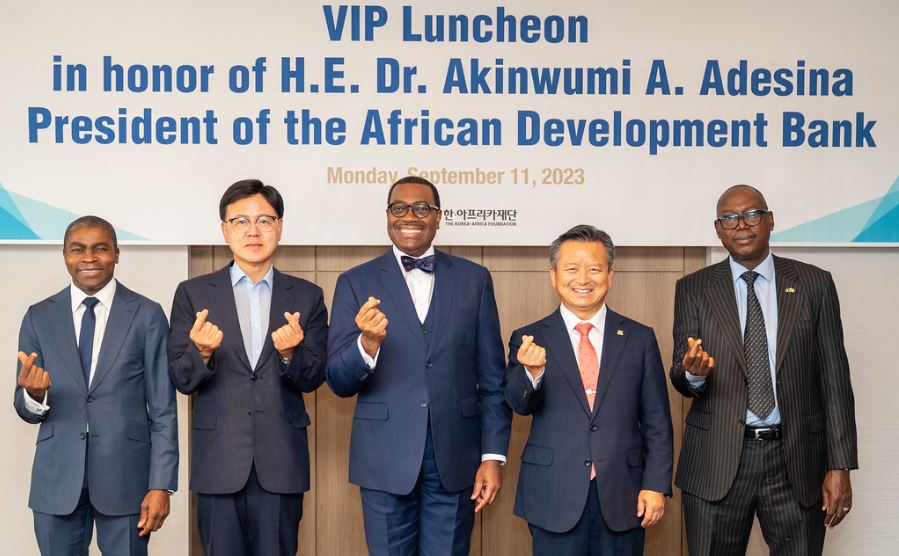In a joint effort to move Ghana towards food security and resilience by 2028, Mr. Brian Acheampong, the Minister for Food and Agriculture, and Mrs. Mavis Hawa Koomson, the Minister for Fisheries and Aquaculture Development, launched the 2023 Agrifest.
The three-day exhibition, an integral part of the Farmers’ Day celebration week, brought together stakeholders from the agricultural value chain across the 16 regions to showcase a diverse array of food crops, products, machinery, and clothing for viewing and sale in Accra.
He stated that “it is important to showcase the tools they will employ to help achieve food security. Input dealers, farmers, regional and district agriculture offices, fisheries departments across the country and a lot of stakeholders will help to achieve that.”
Read also: Ghana launches agric program to achieve food security
Strategic Food Security Plan for 2023-2028 Unveiled
Mr. Acheampong emphasized that the government has embarked on a strategic plan, spanning five years from September 2023, with the Agrifest being a crucial component. The strategic plan outlines a roadmap for Ghana to achieve food security and self-sufficiency by 2028.
The exhibition serves as a platform to showcase the tools and methodologies that will be employed to achieve this ambitious goal. The minister highlighted the collaborative efforts required from various stakeholders, including input dealers, farmers, regional and district agriculture offices, and fisheries departments across the country.
Mr. Acheampong said “it is important for all Ghanaians to come on board to march the journey together for us to achieve our food security and resilience. We believe with the trajectory we have embarked on as a country, we will be food secured and resilient by the next five years.”
Honoring and Encouraging Ghana’s Hardworking Farmers
Mrs. Mavis Hawa Koomson, the Minister of Fisheries and Aquaculture Development, commended Agrifest as a valuable innovation aligned with the Farmers’ Day celebrations. She praised the Minister for Food and Agriculture for his efforts in spearheading the program. The minister emphasized the crucial role of farmers in the nation’s food supply chain and called upon all stakeholders to unite in honoring their hard work.
According to Koomson, “Agrifest was a young innovation towards the Farmers’ Day and lauded the Minister for Food and Agriculture for the efforts towards the programme. Let’s do this in a grand style.”
The 39th edition of the National Farmers’ Day celebration, themed “Delivering Smart Solutions for Sustainable Food Security and Resilience,” is scheduled to take place on the campus of the University of Mines and Technology in the Western Region on Friday, December 01, 2023. The event aims to acknowledge the significant contributions of farmers and promote smart solutions for long-term food security and resilience in Ghana.
